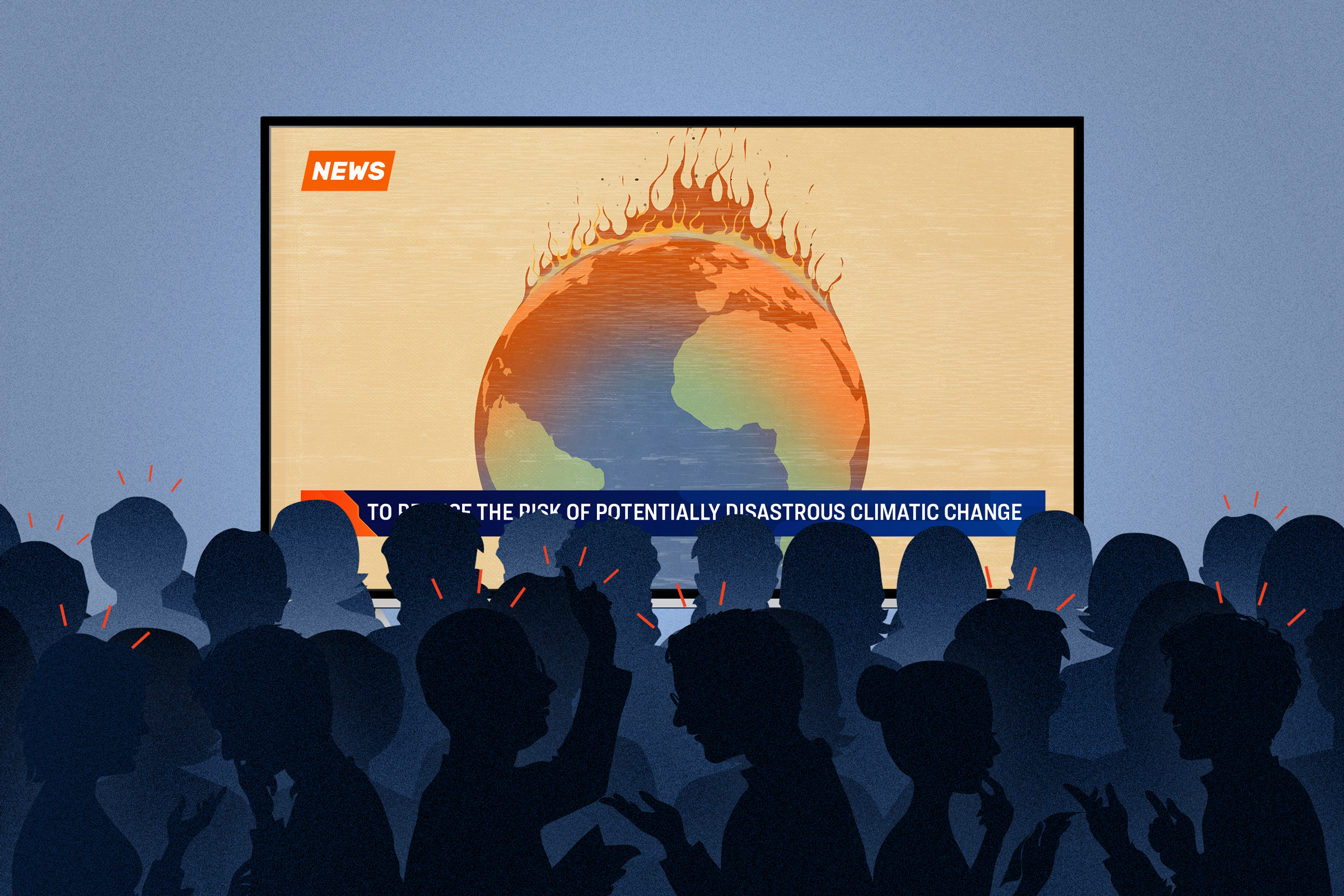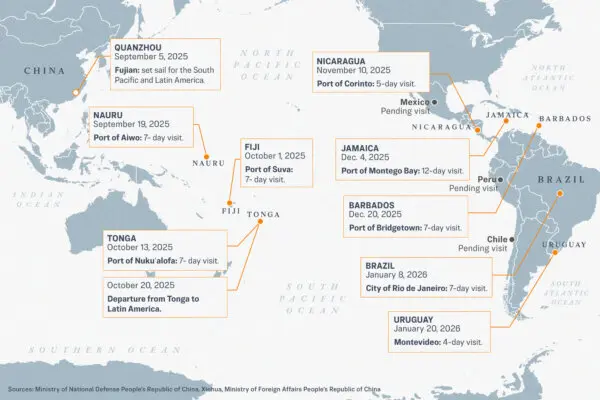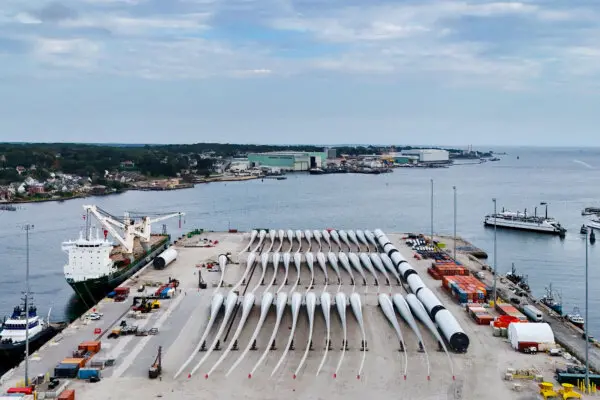Sadness, depression, fear, and a deep sense of betrayal, coupled with the feeling that humanity is doomed, are some of the emotions affecting a growing number of people, particularly children and young adults around the world.
What’s driving these feelings isn’t war, worldwide unrest, politics, or escalating crime. Instead, it’s something called “eco-anxiety,” which Yale defines as fear about climate change and the threat it poses to humanity’s existence.










